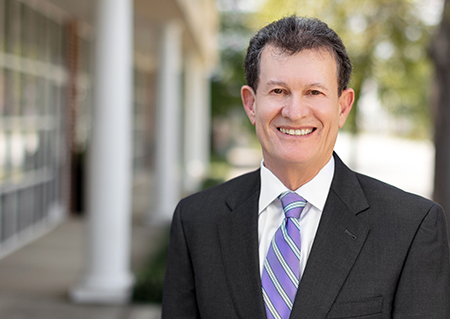TRADEMARK LAW
A trademark is a word, phrase, design, sound or symbol, used to identify a source of goods, and distinguish those goods from the goods of another. A trademark identifies a brand and can be a more than a name, logo, design or slogan – a trademark can even be a color or a scent. A service mark performs the same source identifying function as a trademark, but a service mark identifies services rather than goods.
Trademark rights arise in one of two ways:
1. by filing an application for registration of a mark with the United States Patent and Trademark Office based on a bona fide intent to make use of the mark on a product or in association with a service that will soon be offered to the public, or
2. by actual use of the mark in commerce on a product or in association with a service.
However, trademark rights may be lost through errors in applying for registration with the United States Patent and Trademark Office or through improper licensing or other agreements involving the mark. It is important to consult with a trademark attorney to guide you through the trademark process. The United States Patent and Trademark Office recommends that you hire a private attorney.
No. It takes more than having a website and an early use date to fully protect your trademark. You want to make sure that you fully protect your mark. You need to ensure that the mark you wish to use is not being used by others for related goods or services. You do not want to start using a name and later find out that you are infringing on someone else’s trademark as having to change your name and re-do all of your packaging, merchandise, signage, advertising, etc is very expensive.
Trademark infringement occurs when consumers are confused by another person’s use of a similar mark on related goods or services. Unauthorized use of a trademark in connection with goods or services that is likely to cause confusion, deception, or mistake about the source of the goods and/or services is infringement of a mark.

WHO WE ARE AND HOW WE CAN HELP
Charleston Trademark attorney BC Killough has obtained thousands of trademarks on behalf of clients to protect their brands, products and reputations throughout the United States.
He and the South Carolina trademark attorneys at Kim, Lahey & Killough assist trademark owners in protecting their reputation, brands, products, services and businesses through writing cease and desist letters and enforcing trademark rights in court, which may include a requirement that the infringing party destroy all infringing materials and provide monetary damages.
Our Charleston trademark attorneys also defend businesses that are wrongly accused of trademark infringement. We work to provide creative solutions to dispute resolution.
We look forward to assisting you with your trademark needs as local counsel.
Other resources and related areas:
Intellectual property
Patent law
Technology licensing
Trade Secrets
Business law
Alternative dispute resolutions and Mediation
The United States Patent and Trademark Office (USPTO) has put together an informative booklet and video on trademark basics (for video link, scroll to bottom of page).
We also find this IP WatchDog’s article interesting: Using Do-It-Yourself or Online Trademark Registration Services Can Prove Disastrous for Entrepreneurs